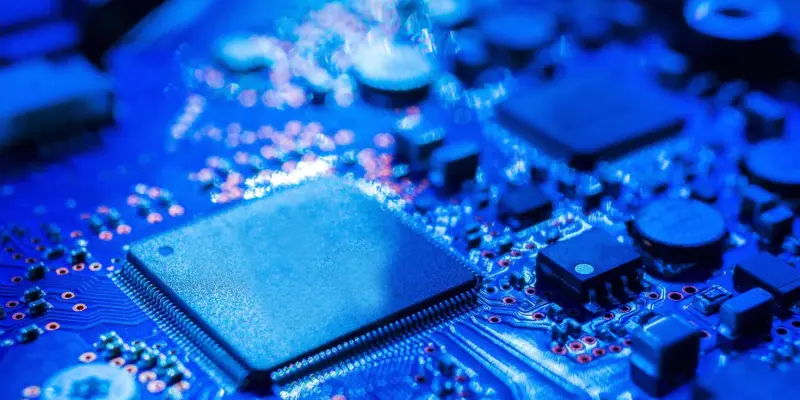President Donald Trump’s plans to introduce new tariffs on imported semiconductors and electronics have sparked significant debate. During a recent flight, Trump emphasized his intention to simplify the semiconductor industry to promote domestic production. Although he did not specify whether smartphones would remain tariff-free, he highlighted the need for flexibility in implementing these measures and reiterated his commitment to strengthening the electronics supply chain.
Trump’s comments align with the announcement of a national security trade investigation into semiconductors and the electronics supply chain. This investigation signals an intensified focus on these vital sectors, aiming to bolster national security and economic growth. Previously, the White House had decided to exclude certain technology products from steep reciprocal tariffs on Chinese imports. This decision briefly raised hopes that consumer electronics such as smartphones and laptops might avoid price hikes.
Implications for the Technology Sector
Commerce Secretary Howard Lutnick has announced that essential electronics such as smartphones and computers will soon be subject to separate tariffs, in addition to the existing ones on semiconductors. These “special focus-type tariffs” on electronics and pharmaceuticals are expected to take effect within one to two months. Unlike Trump’s reciprocal tariffs, which raised levies on Chinese imports to 145 percent, these new tariffs aim to encourage companies to relocate production to the US.
China has responded sharply to these escalating trade tensions by increasing its tariffs on US imports to 125 percent. The Ministry of Commerce in China stated that it is evaluating the impact of the recent exclusions for tech products, using a proverb to imply that resolving the conflict rests with those who started it. This ongoing back-and-forth has intensified global trade strains, with significant effects on businesses and consumers. In essence, the Trump administration’s emphasis on the semiconductor industry and the broader electronics supply chain seeks to boost domestic production through new tariffs. Although there was a brief hope that some consumer electronics might be exempt, it’s clear that smartphones and laptops will also be targeted. These moves have exacerbated trade tensions with China, leading to increased tariffs on both sides and illustrating the fragile balance between national interests and international trade dynamics. The debate now centers on whether the benefits of increased domestic production outweigh the expense of trade conflicts and potential price hikes, necessitating careful assessment by industry stakeholders and policymakers to determine if the envisioned economic advantages are worth the immediate challenges.

